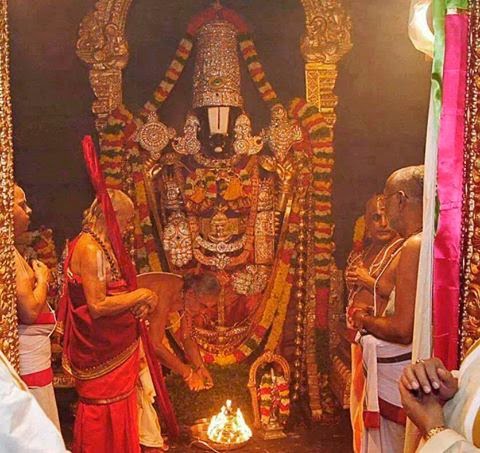The Spiritual Import of the Mahabharata and the Bhagavadgita : Ch-9. Part-4.
9: The Unity of the Lover and the Beloved :
Part-4.
Na tvaham tesu te mayi—this statement of this fragment of sloka injects another doubt in the mind.
While it is true that some of our misgivings are quietened by the great gospel of the presence of God in all things—sattvica, rajasica and tamasica—even in the grossest of objects, while it is wonderful indeed, the great Master adds one appendix to this great verse. Na tv aham tesu te mayi: “They are in Me, but I am not in them.” This is a great surprise given to us. But this doubt also arises on account of a wrong comparison that we make, and a comparison that is befitting only in empirical experiences and not the ultimate Truth. Why does the great Master tell us that everything is in Him but He is not in things? And He is going to tell something even more surprising later on.
The drop is in the ocean, but can we say that the ocean is in the drop? We may say yes; we may say no. Likewise is this teaching. From one point of view at least, the whole cannot be regarded as present in the part, while from another point of view—a highly metaphysical and spiritual point of view—the whole can be said to be present in the part.
It is true that the whole ocean is present in every drop, because it is enlivened by the power of the ocean. Its existence is the ocean; it cannot be separated from this ocean, and the impulses within the bosom of the ocean are conveyed to every drop in the ocean. So the ocean is in the drop, yet the very fact that we utter two words, ‘ocean’ and ‘drop’, should make out that there is a distinction drawn between the ocean and the drop.
Swami Krishnananda
To be continued ...

.jpg)



Comments